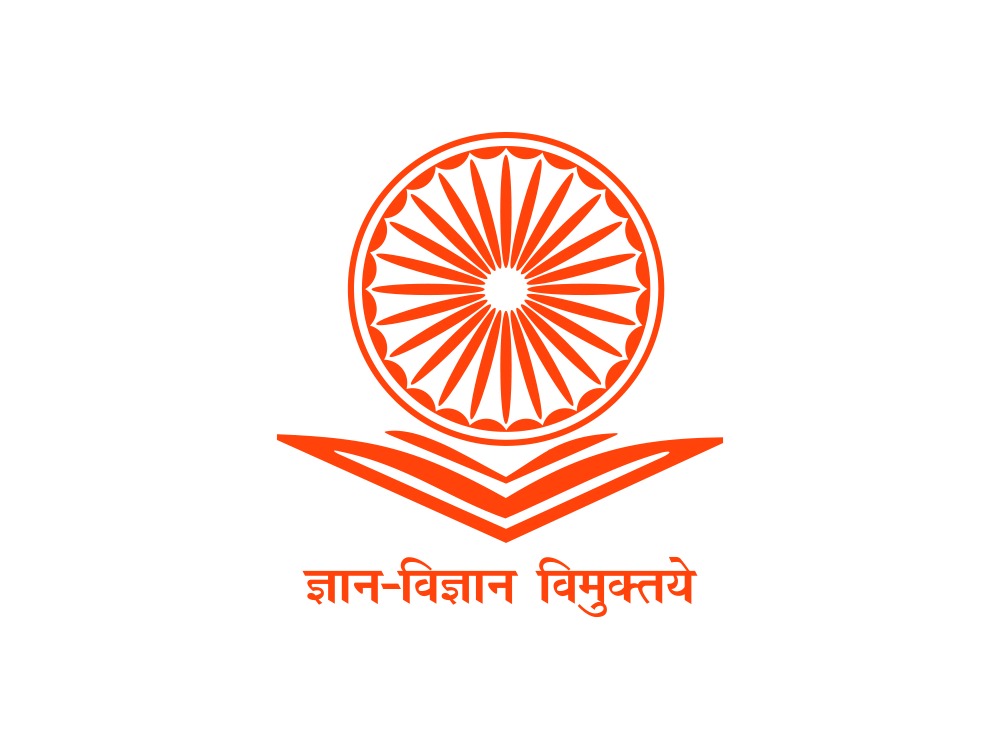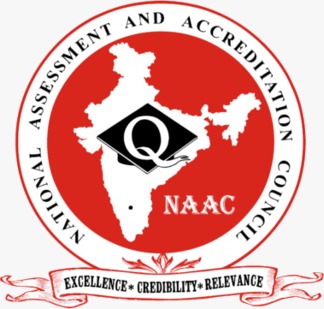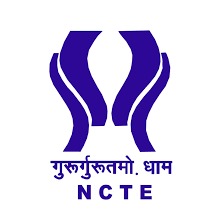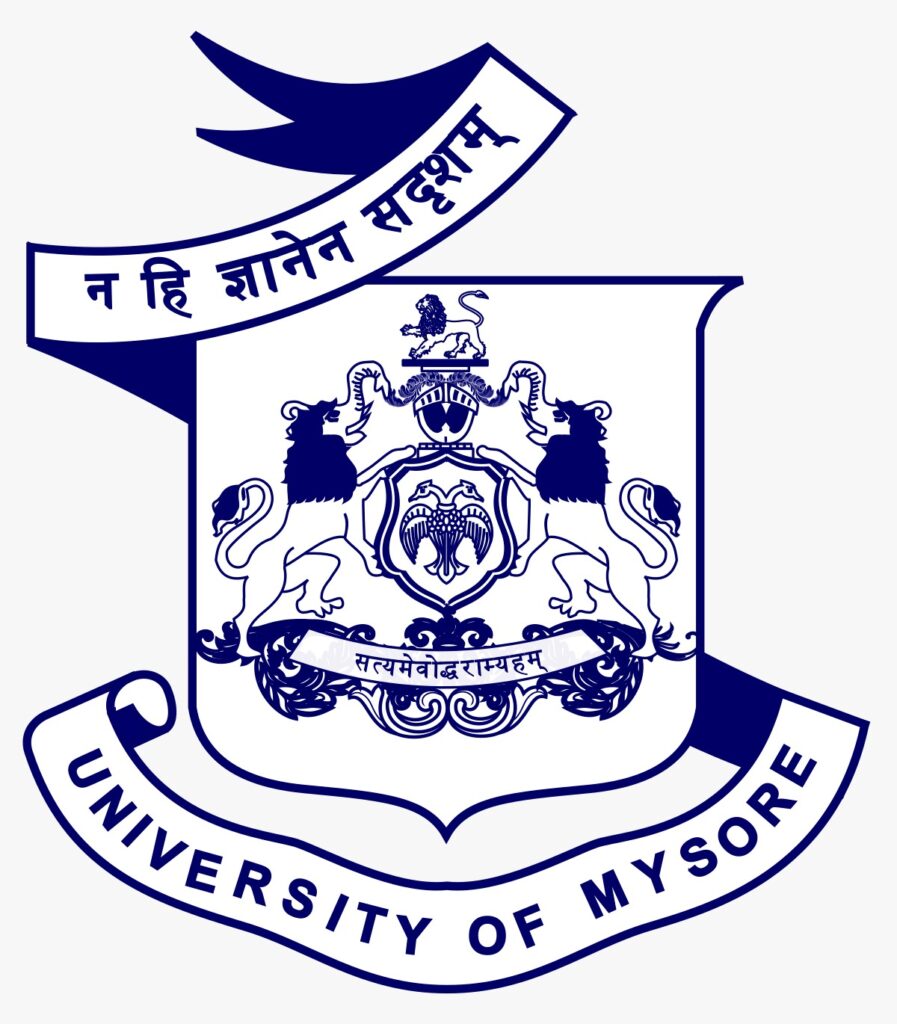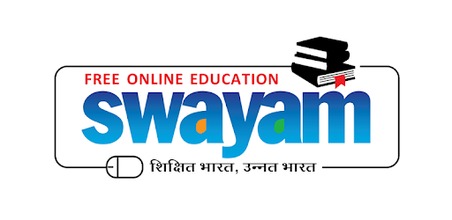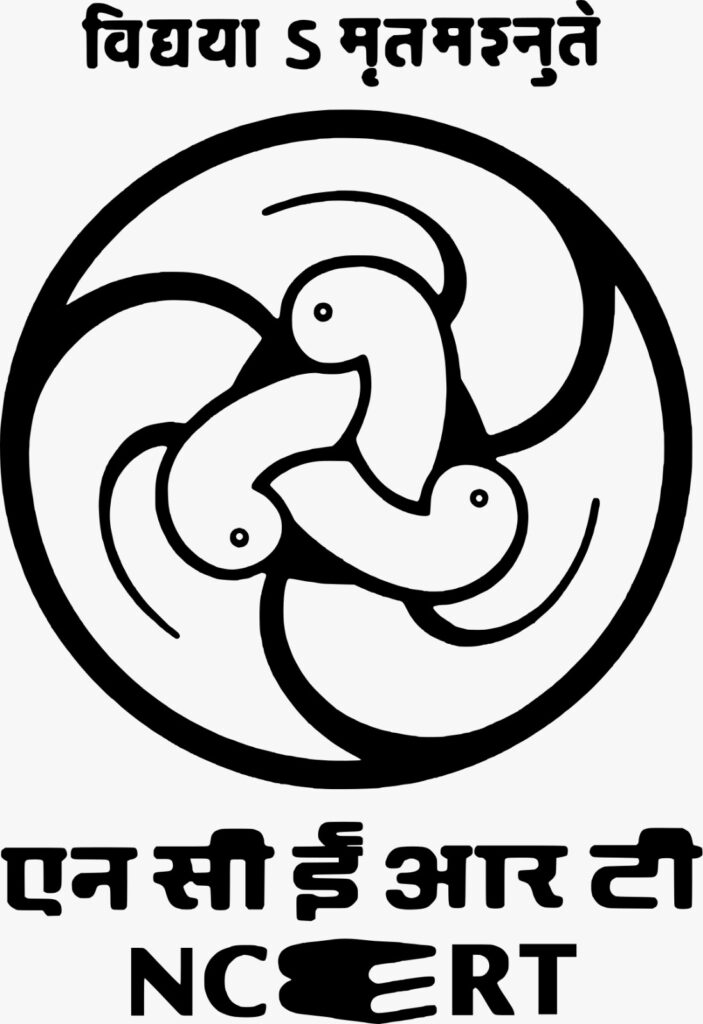PLOs and CLOs
- Home
- B.Ed Programme
PROGRAMME LEARNING OUTCOMES:
After the completion of the B.Ed. (2 years) Programme, student teachers will be able to:
Content Competency:
- impart relevant knowledge with respect to foundation and methodology courses.
- promote mastery over the required content.
- know, select and use teaching methods.
- understand the paradigm shift in conceptualizing disciplinary knowledge in school curriculum.
- acquire necessary competencies for organizing learning experiences.
- select and use of appropriate assessment strategies for facilitating learning.
- analyse the content, text books and syllabus.
Pedagogical Skills:
- impart teaching skills and strategies to transfer the given content suitably in classroom situation.
- innovate and experiment classroom practices.
Professional Ethics:
- imbibe and uphold qualities of a good teacher
- be just and impartial.
- show love and respect to the individuality of the child.
- inspire and professionally help the parents for the care and guidance of their wards.
- preserve proper balance of his/her life as a person of character and be an example to others with his/her intellectual honesty and moral integrity as well as loyalty to the institution to which he /she belongs.
- develop professional attitude, to help demonstrate commitment to values such as loyalty, love, service, equality and excellence.
Effective Citizen Ethics:
- understand different values such as morality , social service and accept responsibility for the society.
- create leaders in all walks of life and thus be agents of change in the society by breaking the fetters of all social evils for the betterment of the people of our country and for a better world.
Effective Communication:
- boost confidence and promote abilities to communicate effectively.
- plan, teach, organize school related /community based activities and programmes.
- collaborate with parents and community for the betterment of students.
Environmental Awareness:
- sensitize all issues of ecology.
- understand the importance of the environmental awareness.
- take precautionary steps in protecting the environment.
Manage Classroom Situations:
- interact with children from diverse socio economic and diverse backgrounds.
- identity and manage the challenging and overcoming gender inequalities.
- identify the diversities and to deal effectively in inclusive classroom environment.
- create sensitivity about language diversity in classroom and its role in teaching – learning process.
- develop skills involved in dealing with the academic and personal problems of learners.
- organise guidance and counseling programmes for disabled students.
Team Work
- work as a member or leader in diverse teams and in multi-disciplinary settings.
- follow the principles of collaborative learning, co-operative learning and team -teaching.
-
COURSE LEARNING OUTCOMES After the completion of the courses the student teachers will be able to:
Semester: 1
CHILDHOOD AND ADOLESCENCE
- explain the process of development with special focus on infancy, childhood and adolescence.
- critically analyze developmental variations among children.
- comprehend adolescence as a period of transition and threshold of adulthood.
- analyze different factors influencing child development.
- develop understanding of the interrelationship between philosophy and education.
- develop appreciation of the basic trends and principles and development of the major western schools and philosophy.
- understand the concept and scope of educational technology.
- understand the concept of approaches of educational technology.
- explain the meaning and use of cybernetics.
- understand and use the different media in education.
- understand the different learning experiences and use them in the teaching-learning process.
- acquaint with innovations in Educational Technology.
- integrate ICT into teaching learning, administration and evaluation.
- develop information Management, communication and collaborative skills.
- design and develop and use learning materials in Teaching.
- practice safe, ethical ways of using ICT.
- use ICT for making classroom processes inclusive.
- understand the language background of students.
- create sensitivity to the language diversity that exists in the classroom.
- understand the nature of classroom discourse and develop strategies for using oral language in the classroom.
- understand the nature of reading in the content areas in different school subjects.
- understand the nature of writing in specific content areas in school subjects.
- understand the language background of students.
- understand the language policies.
- understand the nature of the classroom.
- understand the mother tongue and the importance of other languages.
- understand the components of reading, writing etc.
- understand the nature of writing in specific content areas.
- recall the nature and philosophy of Social Science.
- understand contemporary society and the relevance in teaching of social science in schools.
- explain the status of learning social science at secondary school level.
- analyse the issues and challenges in articulating the nature of social science curriculum and its pedagogical practices.
- evaluate and assess the teaching and learning processes and its valuable implications in the professional development of teachers.
- understand Science as a discipline through its philosophical and epistemological perspectives.
- throws insight into the nature of Science.
- develop a critical understanding about the curriculum in Science.
- explain the transactional processes at the various levels of school Education.
- to lead from an understanding about Science discipline to a holistic understanding about Science-Education situated in learner context and social realities.
- understand nature and the factors of Mathematics.
- explain the process of learning mathematical concepts , theories , and historical evolution.
- understand Mathematics for equity and social justice.
- re-engage with their discipline and revisit prevalent conceptualizations and practices.
- recall the role of Commerce Education in society.
- analyse the potential role that it can play in developing commercially conscientious citizens.
- define and list the importance of ICT.
- familiarize and use operating systems.
- familiarize and use microsoft applications.
- familiarize and use the Internet.
- create a blog.
- use google platform.
- Semester : 2
LEARNING, TEACHING AND ASSESSMENT
- comprehend the theories of learning and intelligence and their applications for teaching children.
- analyse the learning process, nature and theory of motivation.
- describe the stages of teaching and learning and the role of teacher.
- situate self in the teaching learning process.
- analyze the scope and role of assessment in the teaching-learning process in order to introduce a dynamic assessment scheme for education set up towards enhanced learning.
- understand the meaning of Epistemological terminologies and understand the similarities and differences between them.
- familiar with ideologies related to child centered Education.
- understand the changes in education in the context of society, culture and modernization.
- focus on the social and knowledge related bases of Education.
- understand and accept education in the context of various values .
- understand various school activities and classroom interaction with reference to multi culture and democracy.
- understand the National, Global & Secular paradigms of Education.
- understand the concept, bases, various interpretations of curriculum, steps and process of curriculum construction.
- clarify the interrelation among curriculum, syllabus & textbook.
- understand the correlation among power, principles and curriculum.
- evaluate co-curricular activities with reference to new society formation.
- develop the skill of curriculum evaluation.
- understand the determinants of curriculum making.
- explain the history, nature, process and Philosophy of Education.
- analyze the role of the educational system in the context of Modern Ethos.
- understand the concept of diversity.
- develop an understanding of the trends, issues, and challenges faced by contemporary Indian Education in a global context.
- TECHNIQUES, METHODS AND APPROACHES OF PEDAGOGY
- understand the teaching- learning system.
- differentiate between tools, techniques, methods and approaches.
- understand the schematic orientation towards classroom transactions.
- understand the role of the teacher in various contexts.
- equip with abilities for TLM preparation.
- UNDERSTANDING SELF, PERSONALITY AND YOGA
- appreciate the origin and history of Yoga in India.
- understand the concept and importance of yoga for general health and quality lifestyle.
- integrate the practice of yoga and its asanas for better self-concept and esteem personality.
- discuss practice as a central aspect.
- Semester: 3
INCLUSIVE EDUCATION
EDUCATIONAL EVALUATION
- adjust with heterogeneous groups in the class.
- adjust with a different school atmosphere.
- cooperate with other disability learners.
- trace the historical perspective of Inclusive Education.
- distinguish the concepts of special education, integrated education and inclusive education
- justify the need for inclusive education
- analyze critically the needs, problems, causes and educational provisions meant for challenged children
- interpret the policies and procedures for inclusive education
- critically review issues and challenges in inclusive education
EDUCATIONAL EVALUATION
- understand the theory of evaluation.
- use the quantitative & qualitative tools and techniques of evaluation.
- develop the skill in preparing, administering and interpreting achievement tests.
- familiarize with new trends in evaluation.
- compute (with the help of Computer/calculator) important statistical estimates and interpret the test scores by applying them.
- understand the concept of Guidance and Counseling.
- assess the strength and learning difficulties of students.
- help students in selecting their subjects for future study.
- collect data using various tools like case study, achievement test etc.
- understand and apply the techniques of Guidance and Counseling.
- VALUE EDUCATION
- understand the concept and types of values.
- get an insight into the strategies of inculcation of values among children.
- develop awareness about the different agencies working in the sphere of Value Education.
- develop skills and techniques needed to teach Value Education.
- give reasons for the role of the teacher in value education.
-
- develop awareness towards health and physical education.
- understand general health, personal health and public health.
- assist the teacher for good conduct of the physical education programme.
- contribute for good overall personality development.
- understand the meaning and importance of yoga and pranayama
- acquire the knowledge of first aid.
- develop leadership qualities.
- understand the meaning and importance of recreation.
PEDAGOGY OF SCHOOL SUBJECT: ENGLISH
- acquire knowledge of the nature, structure and components of English language.
- appreciate the role of English in India as a second language and library language.
- develop an awareness of concern for listening, speaking, reading and writing skills
- learn the responsibilities of an English teacher in the school community.
- design lessons plans for teaching of prose, poetry of vocabulary.
- employ different approaches and methods for teaching prose, poetry grammar and vocabulary etc.
- articulate a conception of History and Political Science.
- correlate History & Political Science with other subjects.
- understand the language of History & reconstruction of the past.
- apply their knowledge of techniques to reconstruct the past.
- understand the concept of differentiated teaching for History.
- prepare a differentiated lesson plan in History & Political Science.
- understanding the potential of History for development of skills.
- analyze the history & political science textbook.
- prepare appropriate work schemes and lesson plans in History and Political science.
- critically analyze the History & Political science textbook.
- understand the significance of learning resources to teach the subject.
- apply the knowledge to select and improvise learning resources.
- demonstrate the ability to raise learners‘ interest in History & Political Science.
- understand and use different learner centered and teacher centered approaches.
- understand the planning for Teaching Physics.
- understand the selection of various methods and models of teaching to teach different topics of Physics.
- understand different curricula in Physics.
- acquire knowledge about the nature & scope of Chemistry.
- list the basic branches and their inter- relationship with other science subjects.
- acquire the knowledge of modern trends in Chemistry.
- understand the objectives & values of teaching chemistry in secondary schools.
- develop skills in analyzing the content in terms of concepts and learning experience, planning lessons, selecting appropriate media and materials, preparation of resource units & unit plan, improving teaching aids.
- maintain the laboratory.
- apply the knowledge of Chemistry to develop scientific thinking and scientific outlook.
- appreciate the contribution of Chemistry in serving the community in the fields of agriculture, industry, health and environment.
- understand the planning for teaching Biology
- use advanced and creative techniques, learning aids and improvised apparatus in Biology lessons.
- plan and execute various curricular and co – curricular activities related to teaching of Biological Science.
- gain an insight into the skills of evaluating the outcomes of teaching Biological Science and prepare items and tests for secondary school students.
- appreciate and inculcate the competencies and commitments needed for a Biological Science teacher.
- understand the aims and objectives of Mathematics.
- understand the various curriculum of Mathematics.
- understand the approaches and methods of Mathematics
- identify the learning experiences appropriate to the objectives of teaching secondary school Mathematics.
- prepare the year plan, unit plan, activity oriented lesson plans for effective classroom teaching.
- develop an understanding of the meaning, nature and scope of Commerce Education.
- develop an understanding of the maxims and principles of teaching Commerce.
- develop understanding the bases of the commerce education and its relation with other disciplines.
- develop understanding of the objectives of teaching Commerce at higher secondary level (NCF 2005).
- understand various methods used in teaching of Commerce.
- develop an understanding of the importance of latest trends in teaching of Commerce
- have practical experience with drama and art.
- introduce certain concepts to enhance the understanding of drama and art.
- acquaint with aspects of theatre management.
- develop conceptual knowledge of the terms associated with drama and art.
- develop professional competence among teachers\educators.
- develop leadership qualities.
- develop awareness on different types of educational institutions.
- develop networking with & career development in Academic NGOs at various levels.
- guide establishing a functional career guidance and counseling centre and Placement Cell in Teacher Education Institutions
- develop capacity to face eligibility tests & meet the prescribed requirements
- familiarize the concept of Action Research in Education
- recognize the potential it holds for the improvement in the performance of the school.
- identify and formulate suitable problems for Action Research.
- acquaint with the various steps of conducting Action Research.
- understand and use descriptive statistical techniques in Action Research.
- acquire the skills of planning, executing, evaluating and reporting an Action Research Project.
- Semester : 4
GENDER, SCHOOL AND SOCIETY
- define key constructs in gender.
- explain the social construction of Gender.
- correlate gender and school.
- state and explain the constitutional provisions put forth for girl child Education.
- list important legal decisions related to women protection.
EDUCATIONAL ADMINISTRATION AND MANAGEMENT
- understand the concept and concerns of Educational organization, administration and management.
- understand the Educational Administration and management at different levels and their functioning.
- understand the role of the headmaster and the teachers in school management: Supervision and Inspection.
- acquaint the quality control measures in school management.
- develop the skills in preparing and maintaining the school records.
- develop the practical skills in organizing the school programmers and activities.
- acquaint yourself with the healthy school climate in the institution.
ACADEMICS
- Candidates with at least 50% marks from a recognized university either in Bachelor's Degree or the Master's Degree in Science/Social Science/Humanity/Commerce/ Management
OR
- Bachelors in Engineering or Technology with specialization in Science and Mathematics with 55 % marks
OR
- Any other qualification equivalent there to (As Prescribed by NCTE and UGC and State Government)SC/ST/OBC/PWD/371(J) and any other categories/type shall be as per the rules of the Central Government/State Government
USEFUL LINKS
